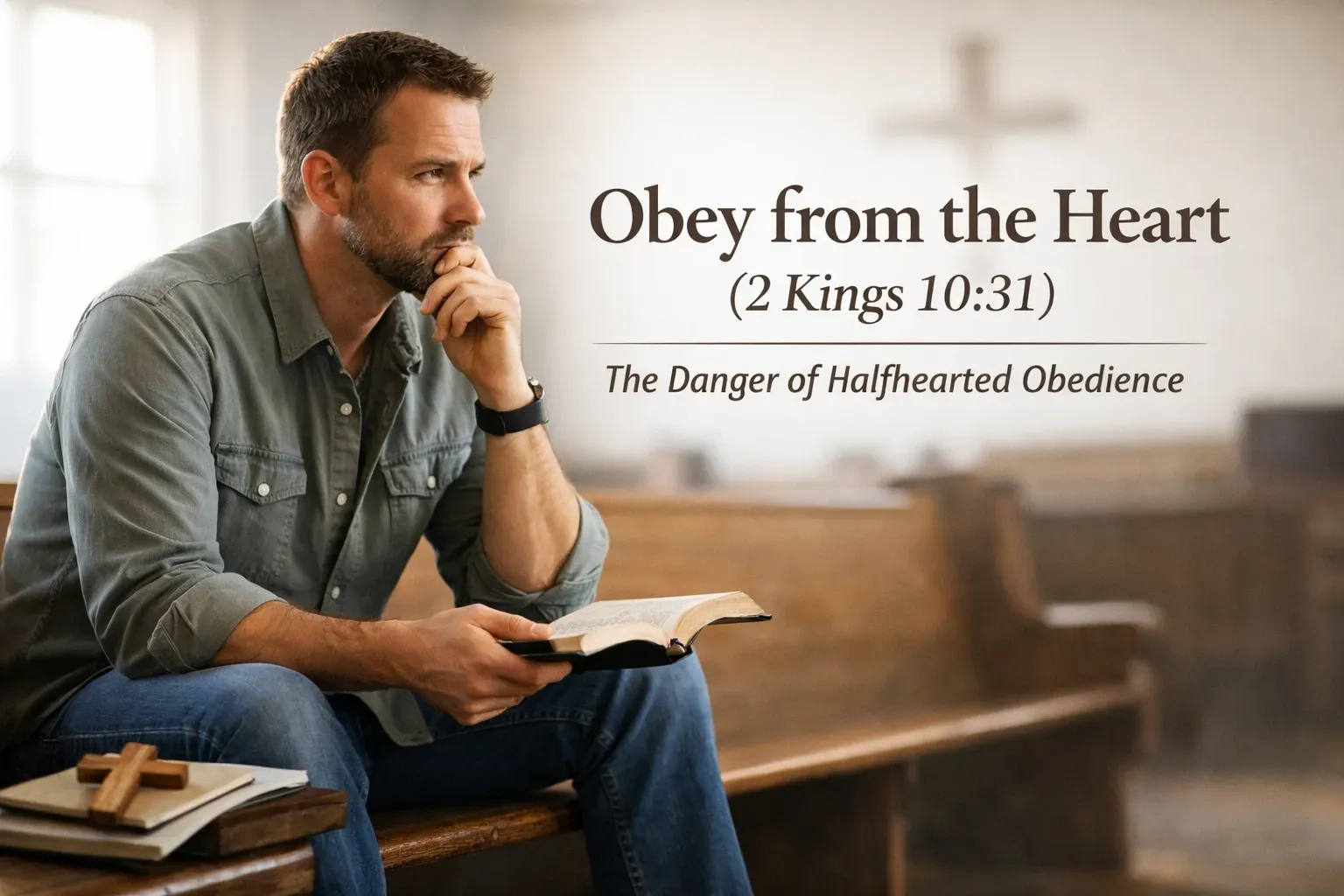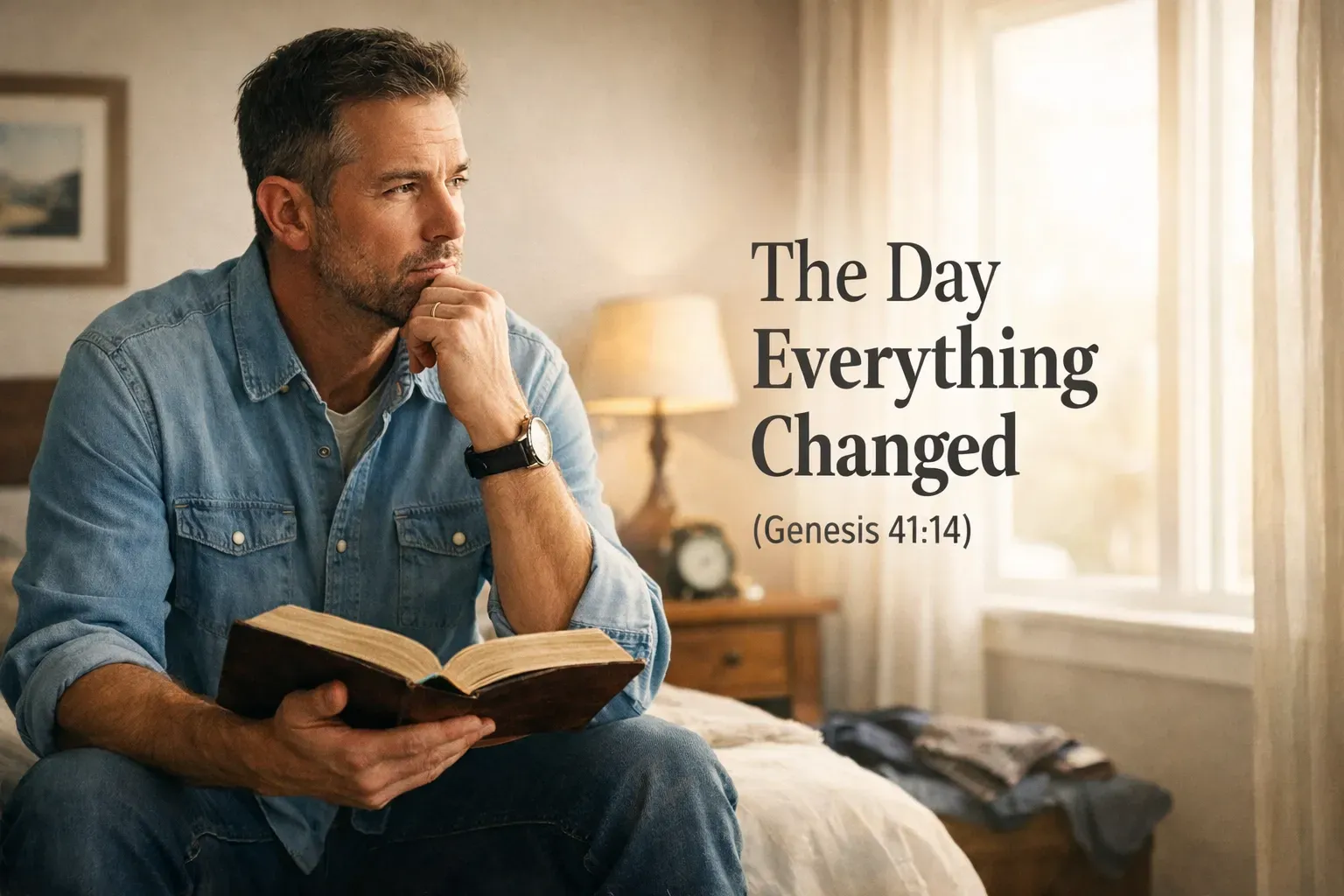leadership and discipleship training
How often have we tried to change a man from the outside instead of the inside out?

Genesis 33:14 In leadership and discipleship training, the shepherd teaches us many principles we must practice.
First, you must know the condition of your flock. Jacob knew they were tender and had their young with them. He knew where they lived. He knew how their lives were.
How can you genuinely train a man or woman if you do not know them personally? Jesus spent time with his men. It was not a classroom environment. It was not instruction but inspiration. Not only did he give them principles, but he showed them how to put them into practice. He lived with his men. It was life-on-life discipleship.
True discipleship is the teacher investing his life in his disciple. If you genuinely want to affect the world, you can not descend from the heavens, deliver your message, and ascend back to the heavens.
Obviously, spend your time with the right people, but you must spend and be spent if you genuinely desire to have a world impact. Not only does Jacob know the condition of his flock, but he is careful in how he treats them. He will not allow himself or others to overdrive them.
How often have we tried to make the external man conform to what we believe he should be without investing in the inward man? How often have we tried to change a man from the outside instead of the inside out? How often have we preached messages or given lessons that asked more than the tender could bear?
So often, we have a revolving door in our churches. Somehow, we must stop this mistreatment or overdriving of our sheep.
Jacob, as a shepherd, knew he had to lead on softly. He knew he would arrive at the desired destination, but only if he moved at the right speed. He had to do what the children and the flock could endure.
As a young pastor, I wanted my people to be good Christians. I wanted them to look the part and act on it as well. I am sure I did not know how much I wanted these things, for how they would make me look more than the good of my people, but I hurt people in more ways than I can explain.
I am sure that no man of God has ever meant to hurt his people, but in our eagerness to be all that we can be, we use our people to build our work rather than our work to build our people.
I preached hard messages. I dictated how they were to dress, how they were to give, and how they were to carry on every aspect of their lives. I didn’t lead on tenderly. I overdrove them.
Finally, when the men came to see me in a group to tell me how to be a little kinder and preach more than my few favorite pet topics, I told them I was God’s man and would preach what God told me to preach. Their only concern was not that what I was preaching was wrong, but maybe the spirit I preached it in and the speed at which I wanted them to change. They didn’t ask me to change my convictions, but to consider preaching more than just my pet topics.
I was young; I heard the big boys talk to, so I was right, and they were wrong. I told them it was my way or the highway. They took the highway. In my eagerness to have a product I could show off as a dedicated young pastor, I soon found myself without a salary and with a clean but empty church.
I asked a pastor friend what he thought, and he said you’re obnoxious. His comment hurt so profoundly that I couldn’t quit crying, but maybe that comment put me on the road to changing my philosophy of ministry. Truth doesn’t change, but the way we deliver it might change, but I know the flock is tender and young now, and I have learned not to overdrive them.
I once heard a great man of God say whenever you preach against sin, make sure there’s a tear in the corner of your eye because you are not against them but trying to deliver them from the pain that comes from the sin they are about to commit.
Pastor, disciple, and spiritual leader, please remember that they are children and must be treated as such. We must only teach them what they can bear today. No one expects a six-month-old child to feed himself, dress himself, or even use the bathroom alone. In our wisdom, we understand where he is and therefore have patience and tenderness as we watch them grow up.
Pastor, could I venture an opinion about what we preach? I know I am treading on dangerous waters, but discipleship is where you say so many things that apply directly. Many of us fear personal confrontation, so we use a bully pulpit to beat on our people. What we would be afraid to say face to face, we say to a crowd and hurt many people, and by the way, we lose standing with our people because many of them figure out what you are saying and to whom you are saying. The people side with the underdog, and since you are publicly attacking a weaker brother or a brother who gets no pulpit time, you may lose your people’s confidence.
Why not develop discipleship in your church? A one-on-one relationship. Life on life that changes people. How often do we preach messages that are true and important but not applicable to the spiritual level of our people?











